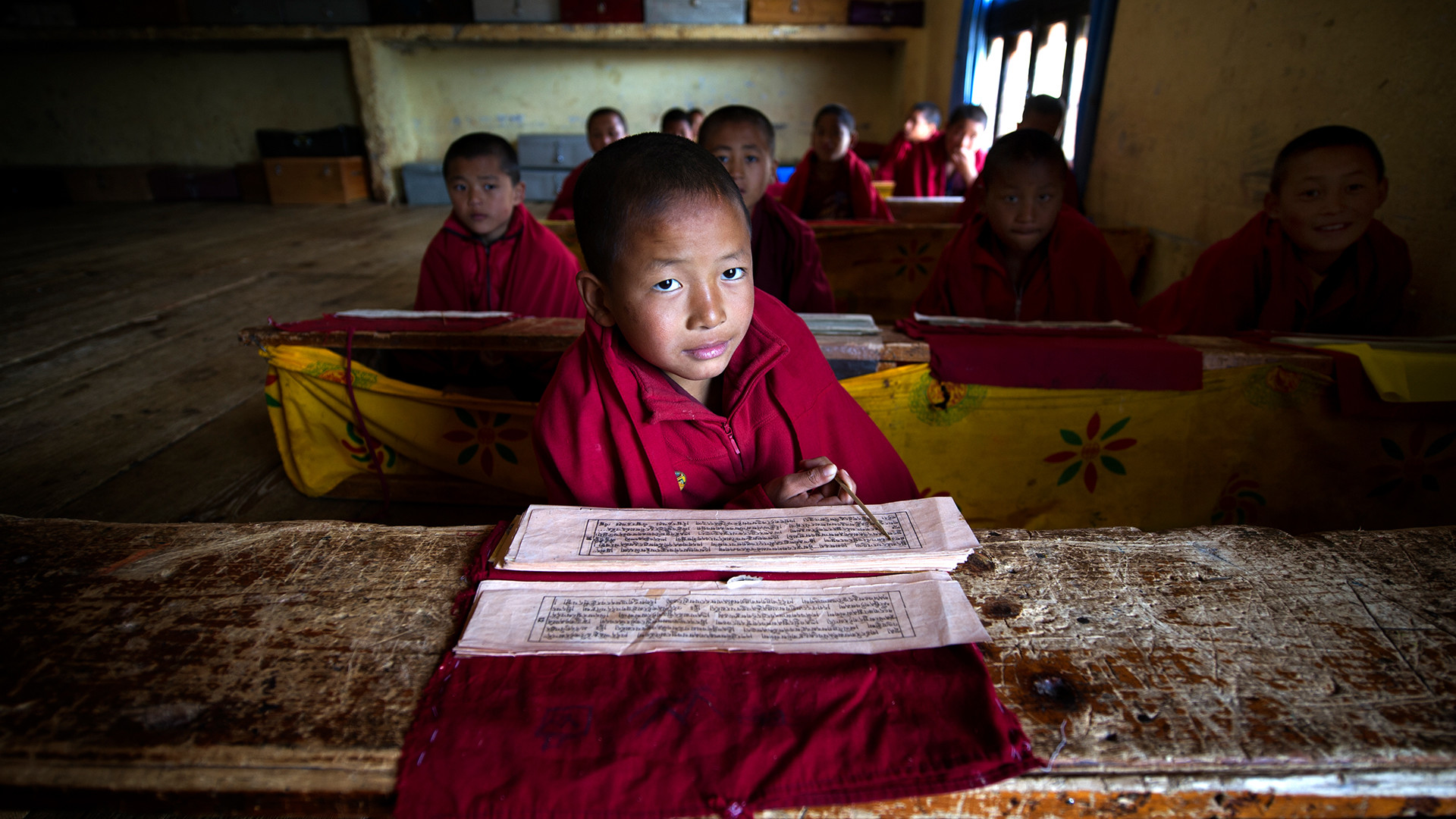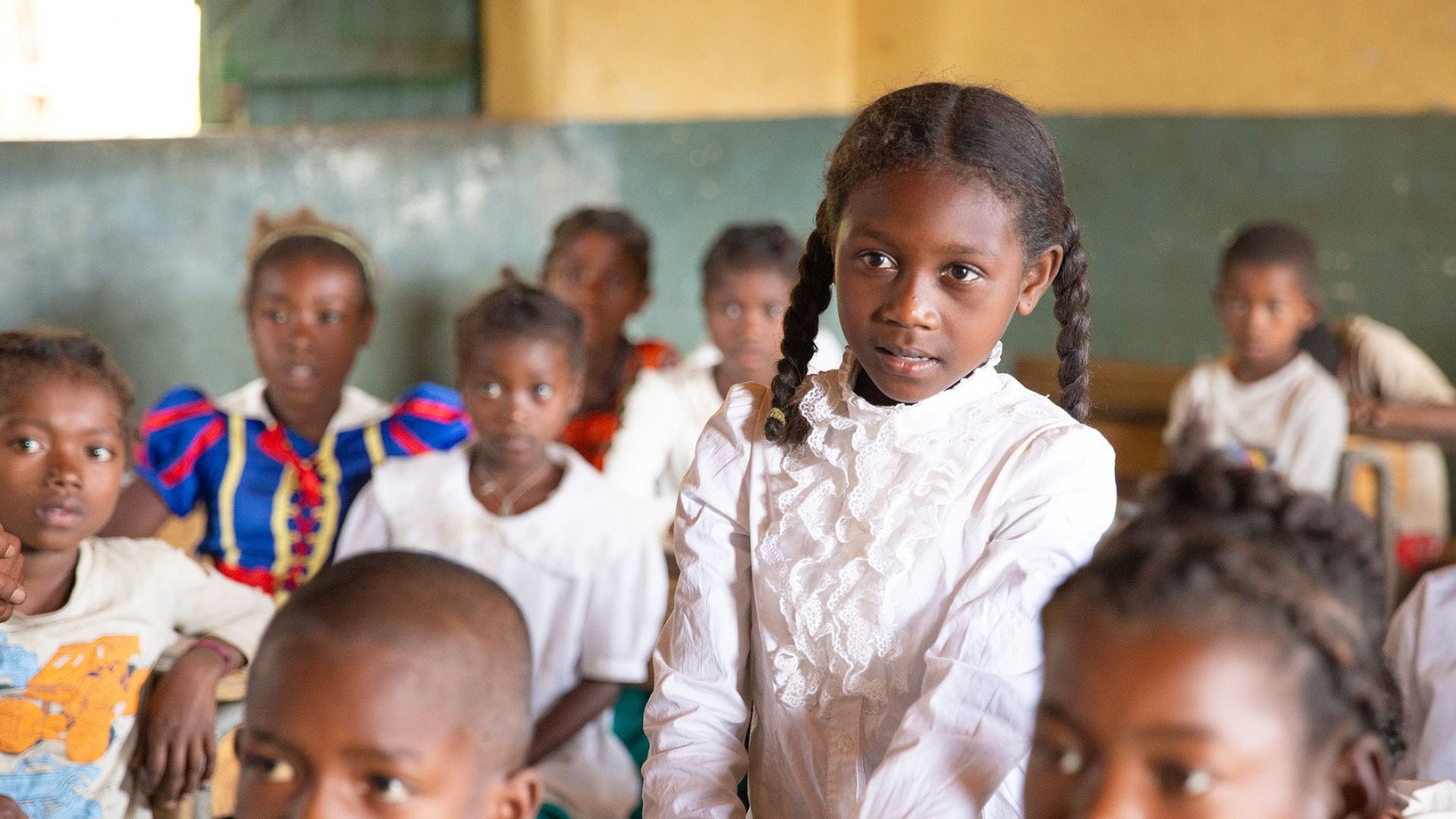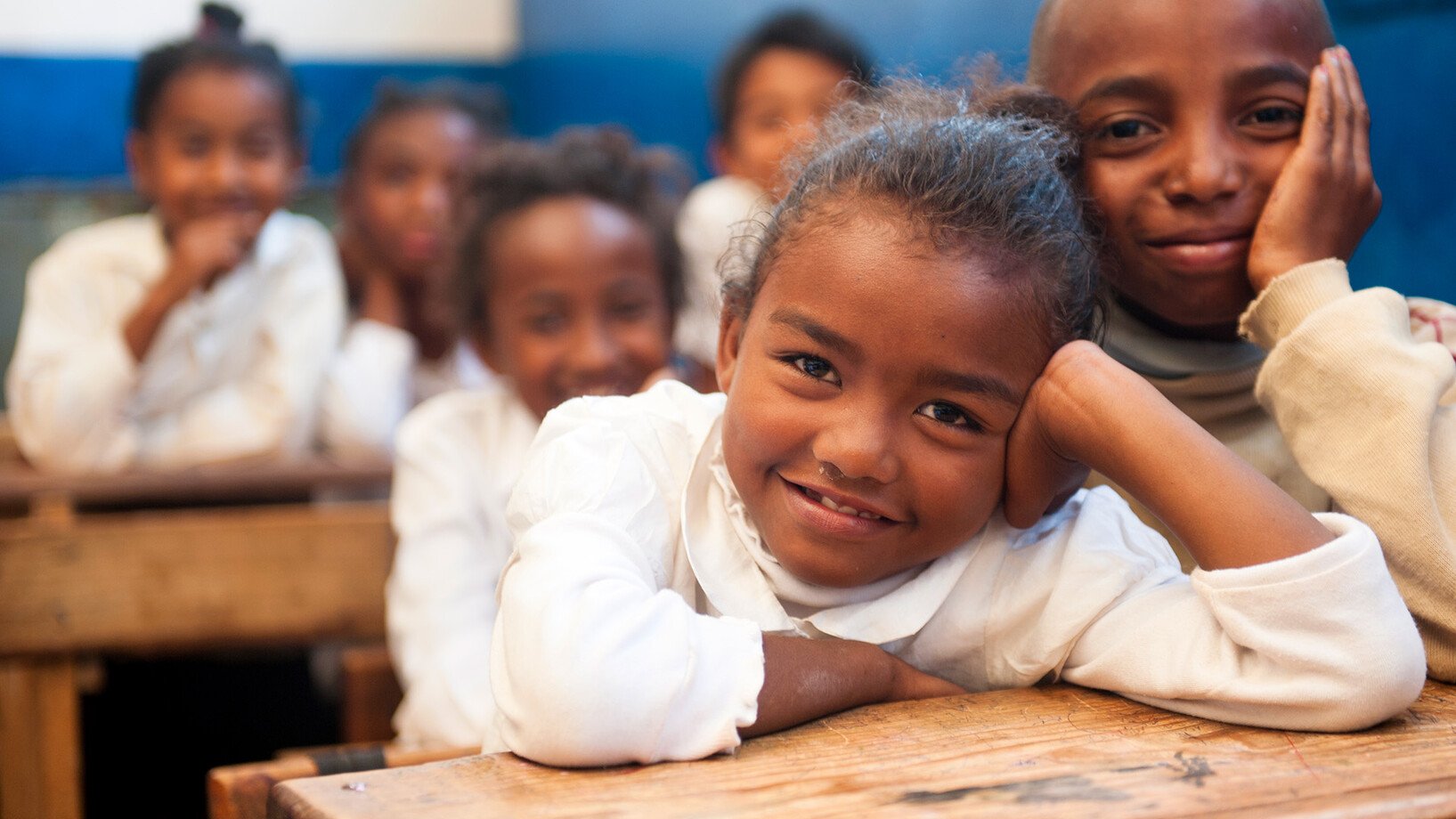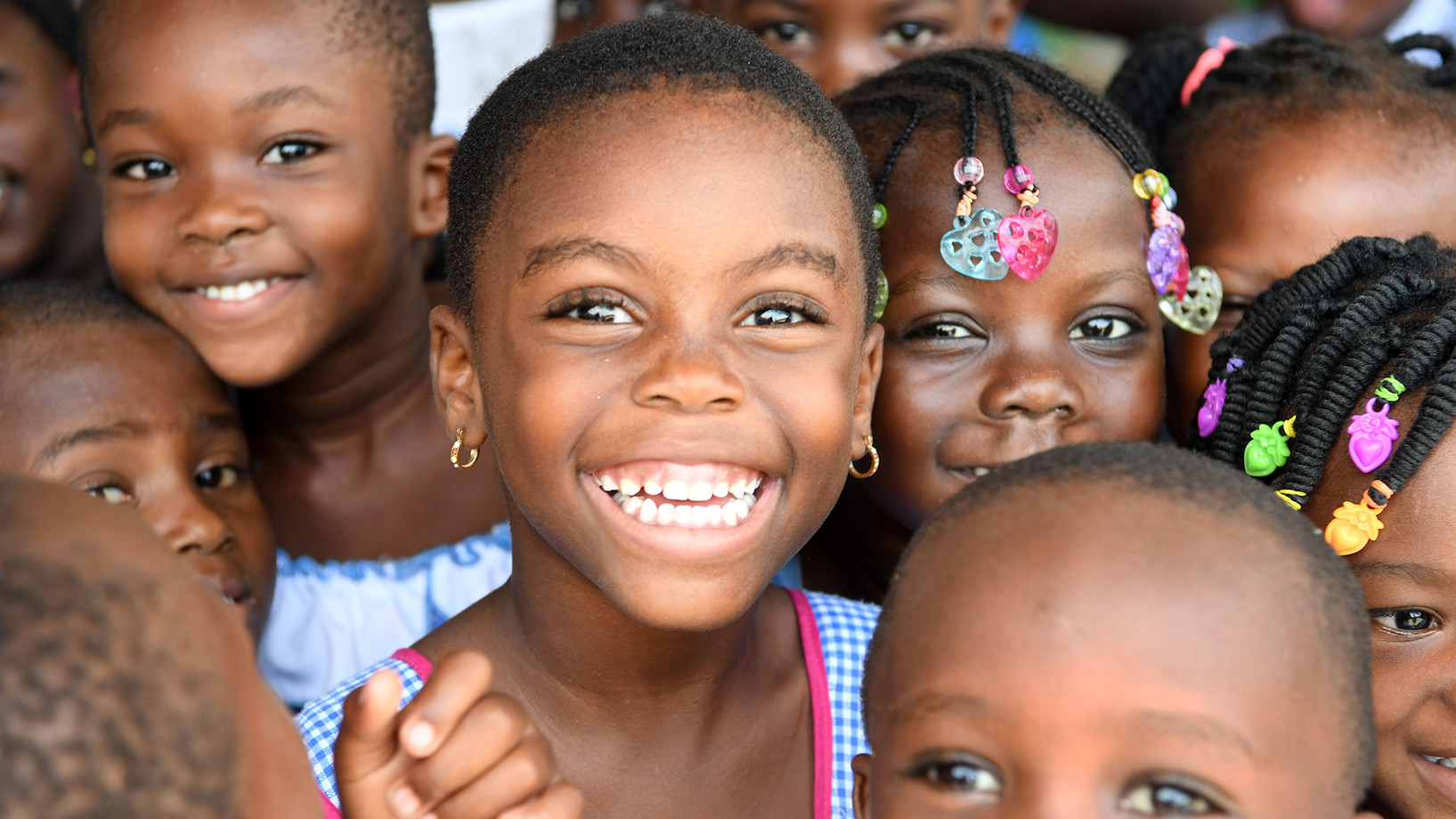UNICEF Switzerland and Liechtenstein supports a program aimed at improving the protection and healthy development of child monks and nuns and other vulnerable children in Bhutan.
The situation
The Buddhist kingdom on the edge of the Himalayas has achieved impressive economic growth and social progress in recent years. Nevertheless, numerous children remain disadvantaged on many levels. Daily life in traditional monastic schools and in hard-to-reach communities is harsh, there is a lack of basic infrastructure, and health and education facilities are rarely up to date. Access to high-quality education and child protection is severely limited.
The COVID-19 pandemic also brings with it a number of social and economic setbacks, including school closures, unemployment, food insecurity and domestic violence. As a result, many children are still receiving inadequate healthcare and nutrition in the early years of life, while a lack of hygiene leads to disease and slower brain development. One in five children in Bhutan are underdeveloped, and the premature birth rate is high.
Although almost all families in Bhutan have enough to eat, nearly 9 out of 10 children under the age of 2 are still malnourished, meaning they do not receive enough of the micronutrients and vitamins that are crucial for optimal early childhood development.
How UNICEF helps
UNICEF’s program work aims to improve the protection and healthy development of child monks and nuns and other vulnerable children in Bhutan.
The approach is comprehensive. UNICEF ensures that sanitation facilities are set up in the monasteries, that clean water is available, and that children follow important hygiene rules such as washing their hands. The program also seeks to establish additional school subjects, improve the quality of teaching and ultimately ensure that these children are protected.
The goal is to ensure that all children in Bhutan, including child monks and nuns, young people and women, have equal access to high-quality health, nutrition, water, sanitation and hygiene services. In addition, child monks and nuns and other vulnerable children should increasingly benefit from high-quality, inclusive education that is free of gender-based discrimination. They should also have improved access to high-quality child protection services.



